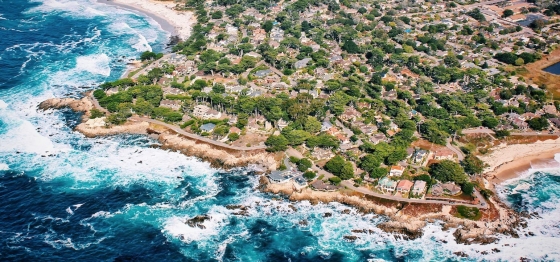Melbourne (FL) Weather and Climate: A Comprehensive Guide
The weather in Melbourne sees moderate temperature fluctuations over the course of a year.
Temperatures can be very warm at the high end
to roughly pleasant at the low end.
It also has a relatively rainy climate with high levels of precipitation.
Let’s explore the climate details in depth to provide you with a complete overview.
Average maximum day and minimum night temperature
In Melbourne, seasonal changes bring about a moderate variation in temperatures. On average, daytime temperatures range from a very warm 32°C in August to a pleasant 22°C in January.
Nighttime temperatures can drop, with average lows reaching 11°C in January. Check out our detailed temperature page for more information.Temperature ranges by month
Precipitation and rainy days
Melbourne experiences significant rainfall throughout the year, averaging 1255 mm of precipitation annually. The seasons in Melbourne, bring significant changes in precipitation. The wettest month, July, receives heavy rainfall, with an average of 181 mm of precipitation. This rainfall is distributed across 18 rainy days. In contrast, the driest month, February, experiences much less rainfall, totaling 52 mm over 7 rainy days. These distinct seasonal differences provide diverse experiences throughout the year. For more details, please visit our Melbourne Precipitation page.The mean monthly precipitation over the year, including rain, hail and snow
partly cloudy and no rain broken clouds and chance of slight rain broken clouds and thunderForecast for Melbourne (FL)
The best time of year to visit Melbourne in the United States of America
During the months of January, February, March, November and December you are most likely to experience good weather with pleasant average temperatures that fall between 20°C and 26°C.Other facts from our historical weather data:
Most rainfall (rainy season) is seen in June, July, August and September.
August has an average maximum temperature of 32°C and is the warmest month of the year.
The coldest month is January with an average maximum temperature of 22°C.
July tops the wettest month list with 181 mm of rainfall.
February is the driest month with 52 mm of precipitation.
No idea where to travel to this year? We have a tool that recommends destinations based on your ideal conditions. Find out where to go with our weather planner.




